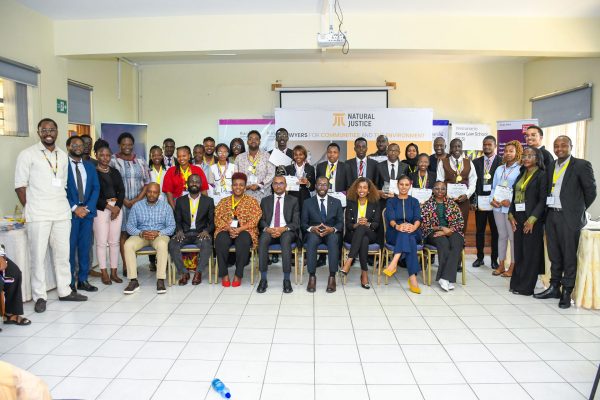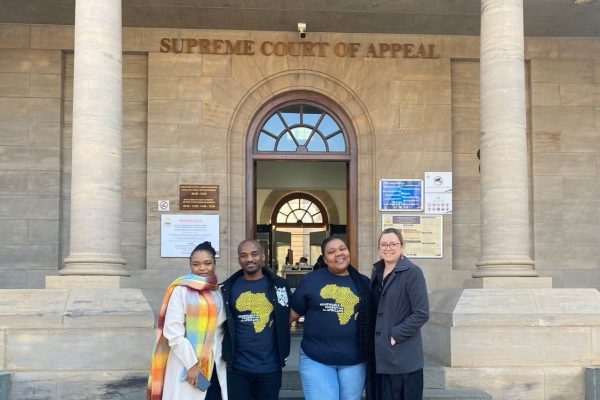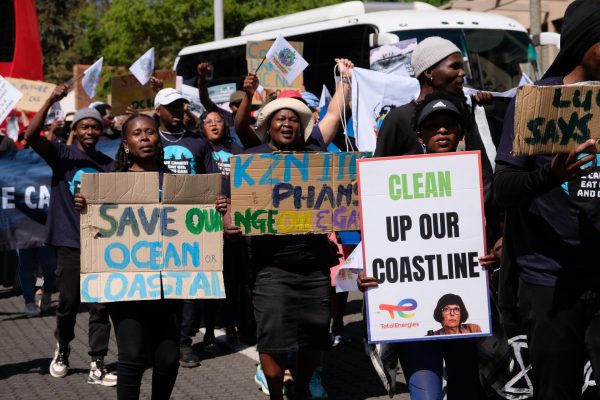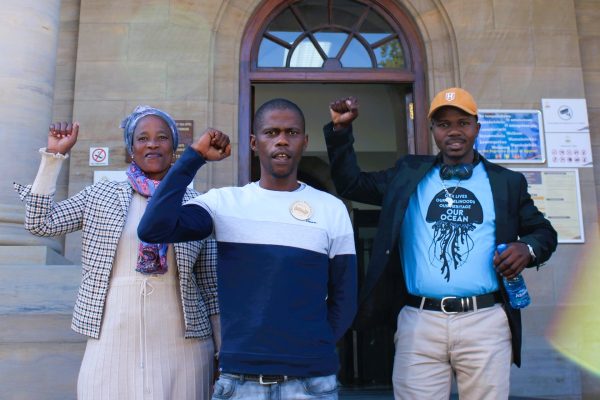As South Africa assumes the presidency of the G20 in 2025, momentum continues to build around the role of critical energy transition minerals – such as lithium, cobalt, graphite, and rare earth elements – in driving a just and sustainable global energy transition. This follows a growing focus on these resources under previous Global South G20 presidencies which noted their potential for equitable climate and economic outcomes. Ahead of the third Task Force 1 meeting on 18th and 19th of June 2025, a group of African Civil Society Organisations working at the nexus of finance, energy and climate justice issues have delivered a letter to the South African G20 Presidency detailing their demands for a just energy transition.
Under Task Force 1: Inclusive Economic Growth, Industrialisation, Employment and Reduced Inequality – one of three main task forces that aim to guide the working groups of the G20 and bring together key role-players – we have seen conversations regarding critical energy transition minerals begin to unfold, particularly under its work on green industrial policy. The major deliverable for Task Force 1 will be a set of G20 Principles for Inclusive Economic Growth, Industrialisation, Jobs and Equality. These will include policies for structural reforms, digital transformation and resilience. The resilience component specifically speaks to climate change and the green transition, and related opportunities in renewable energy, waste management, and sustainable agriculture.
In their letter, African CSOs call for the South African G20 Presidency to lead in the support of the African Green Minerals Strategy – enhancing processing and manufacturing capacities to break dependence on raw material exports, and leveraging the African Continental Free Trade Area (AfCFTA). The Global South must not be locked into the bottom of the value chain, and greater efforts need to be made to ensure value-addition and beneficiation in mineral rich countries of the Global South. Mineral resource extraction, processing and manufacturing should include a people-centred governance approach, ensuring local participation in decision-making through Free, Prior, and Informed Consent (FPIC), Community Benefit Agreements, and strengthened formal and artisanal labour protections and rights. Critical to achieving this is a transformation of global industrial financing mechanisms and technology transfer and sharing for critical renewable energy and mineral processing technologies to support equitable global green industrialization.
Lauren Nel from Natural Justice stated that “Critical energy minerals should be defined as those that address inequality and are based on communities’ and Indigenous Peoples’ needs and contribute to the just transition to clean, renewable energy which ensure universal energy access, environmental protection across the life cycle, localised economies and local beneficiation. Mining should only be pursued in the instance that recycling or reuse of materials is not possible. Social contracts will be pivotal to the success of mining operations, this means ensuring informed, meaningful public participation and enforcement of FPIC“.
The G20 discussions must discuss financing of critical energy transition minerals value chains that support ending energy and livelihood poverty, such as aluminium, steel, battery, and fertilizers. This should support an increase in public investment in public infrastructure such as transportation, utility battery storage, agricultural inputs vital to lifting 650 million Africans out of energy poverty, and supporting equitable energy access.
“Global partnerships and policies require a shift towards transparent and meaningful engagement throughout development processes. That means any global partnerships must not just listen to community voices, but engage meaningfully to ensure that the needs and priorities of African communities shape the development agenda.” – Tarisai Mugunyani from the Centre for Environmental Rights
The extractive sector has long suffered from a lack of transparency, environmental harm, and exclusion of local affected communities. South Africa, during its G20 presidency, can push for stronger global accountability measures, such as mandatory disclosure of mining payments and greater enforcement of environmental and community rights, drawing on models like the AU’s African Mining Vision. It can also champion industrial development in mineral-rich nations by advocating for concessional finance and a G20 innovation fund to support green mineral value chains.
The energy transition must prioritise people, with a focus on job creation and skills development. South Africa could lead efforts to establish a Global Critical Energy Transition Minerals Skills Compact, with training for women and youth, and an equitable critical energy transition minerals framework that excludes nuclear and fossil fuels exploitation.
As G20 discussions evolve, civil society is calling for bold leadership, equity-driven strategies, and a collaborative spirit. The G20 needs to agree on policies to support the Global South in moving up the value chain. South Africa has a vital role to play in reshaping the global minerals agenda to prioritise people, planet, and prosperity. With strong and inclusive policies, the country can help chart a new course—one that turns the global race for critical minerals into a path toward shared development and climate justice.
*statement issued by Africa CSO G20 Climate & Energy Coordination Group







